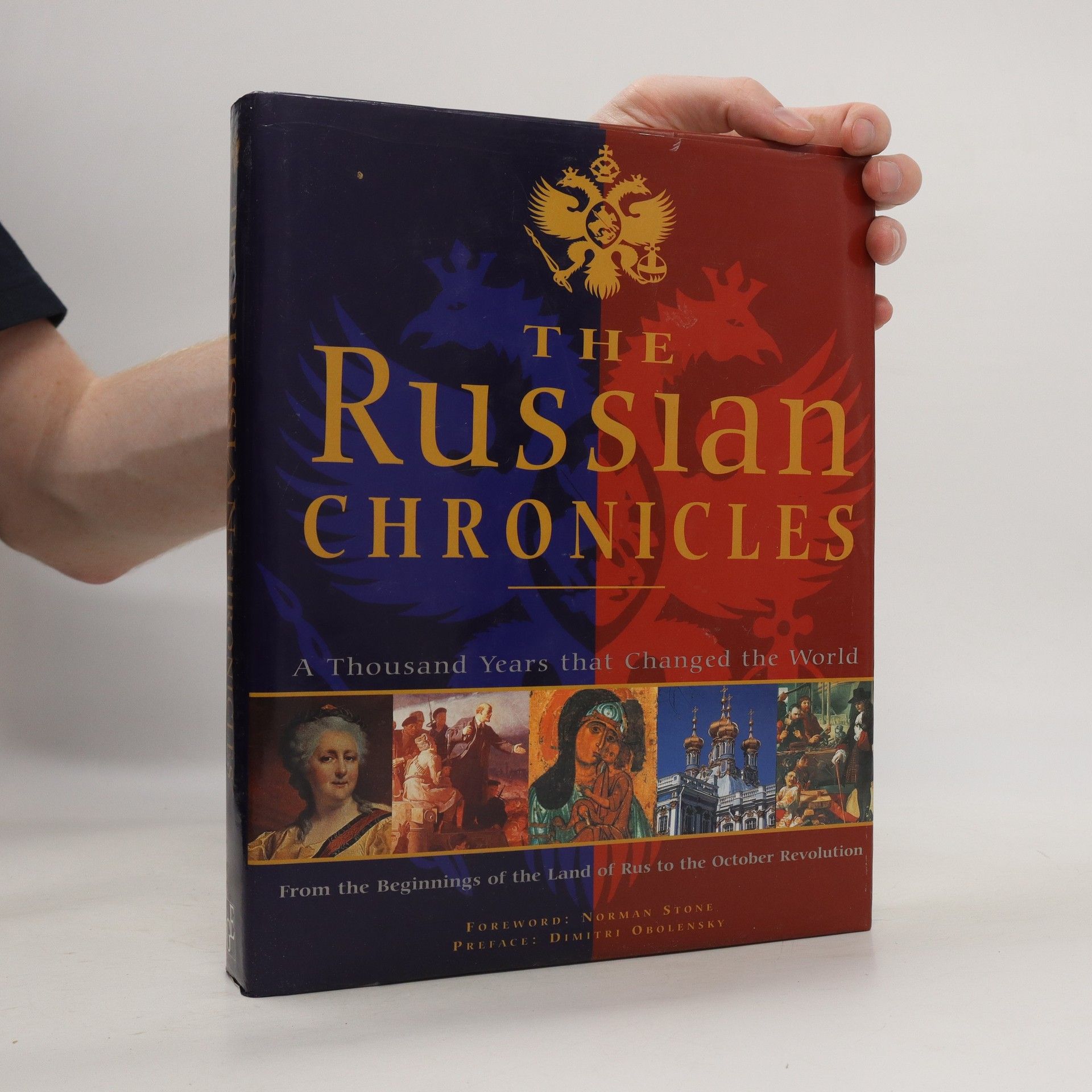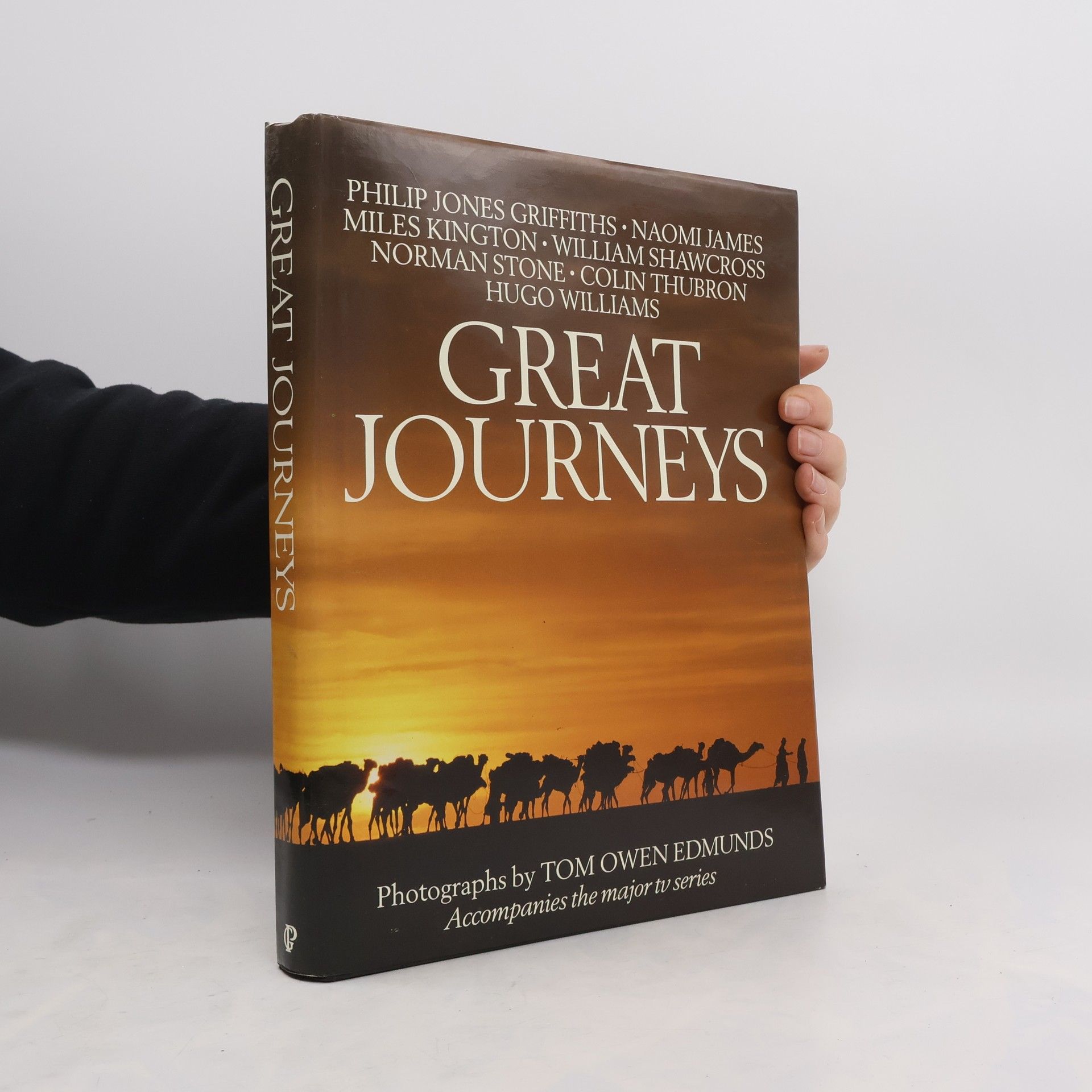The victors of the First World War created Hungary from the ruins of the Austro-Hungarian empire, but, in the centuries before, many called for its creation. Norman Stone traces the country's roots from the traditional representative councils of land-owning nobles to the Magyar nationalists of the nineteenth century and the first wars of independence. Hungary's history since 1918 has not been a happy one. Economic collapse and hyperinflation in the post-war years led to fascist dictatorships and then Nazi occupation. Optimism at the end of the Second World War ended when the Iron Curtain descended, and Soviet tanks crushed the last hopes for independence in 1956 along with the peaceful protests in Budapest. Even after the fall of the Berlin Wall, consistent economic growth has remained elusive.This is an extraordinary history - unique yet also representative of both the post-Soviet bloc and of nations forged from the fall of empires.
Norman Stone Reihenfolge der Bücher (Chronologisch)
Norman Stone war ein schottischer Historiker und Autor, dessen Werk sich mit internationalen Beziehungen und Politik befasste. Er hatte akademische Positionen an renommierten Universitäten inne und diente als Berater der britischen Premierministerin, wodurch er eine einzigartige Perspektive auf historische Ereignisse und politische Landschaften bot.
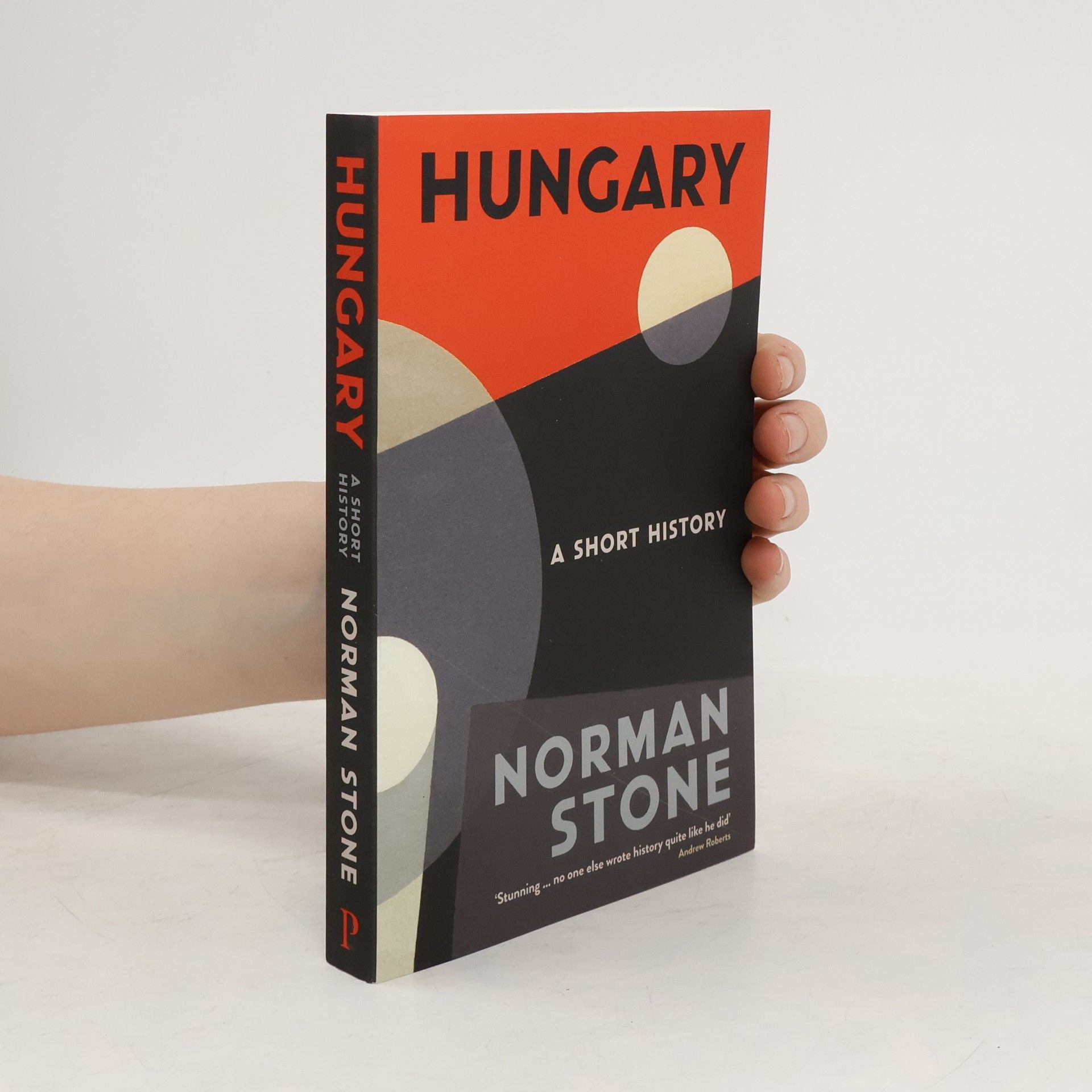

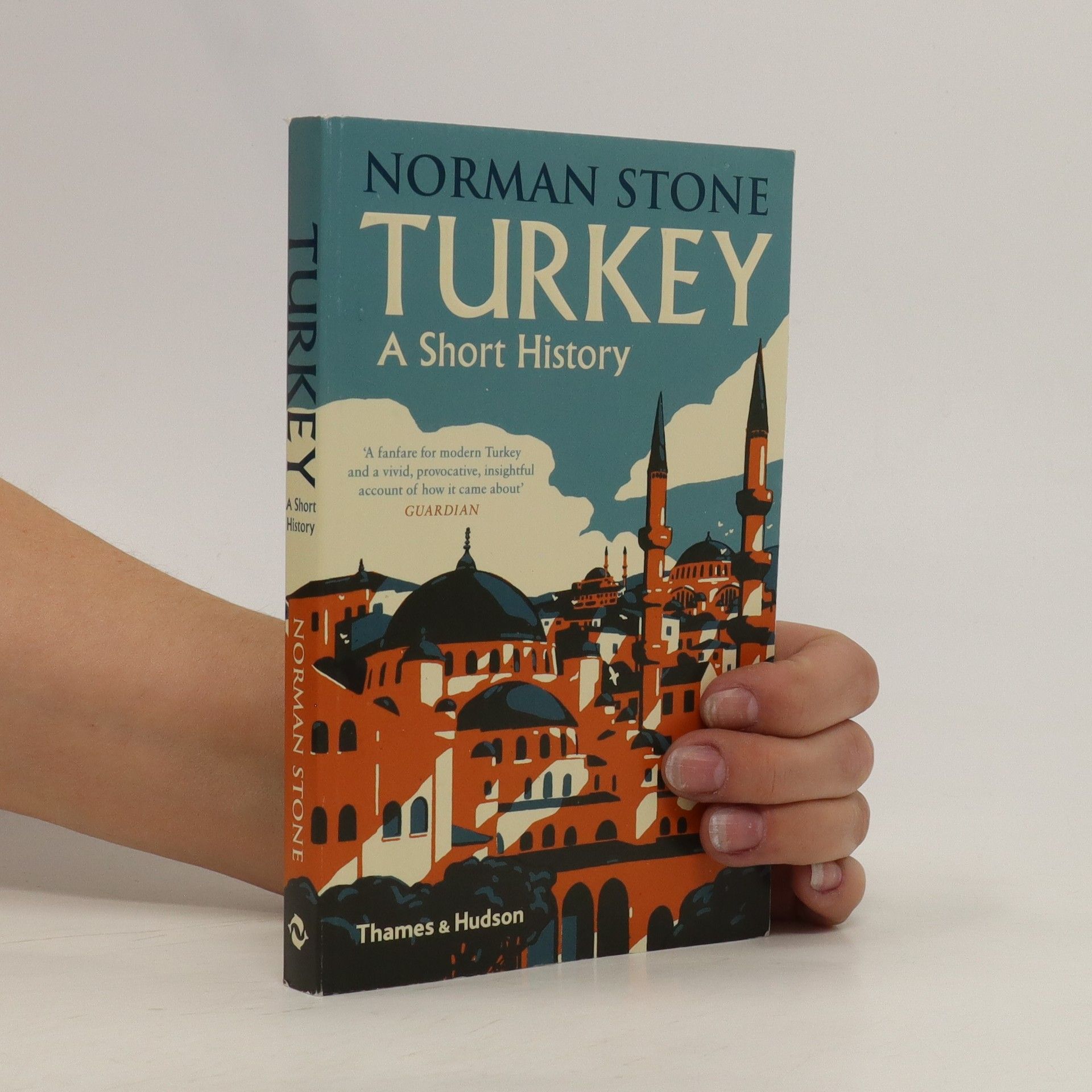
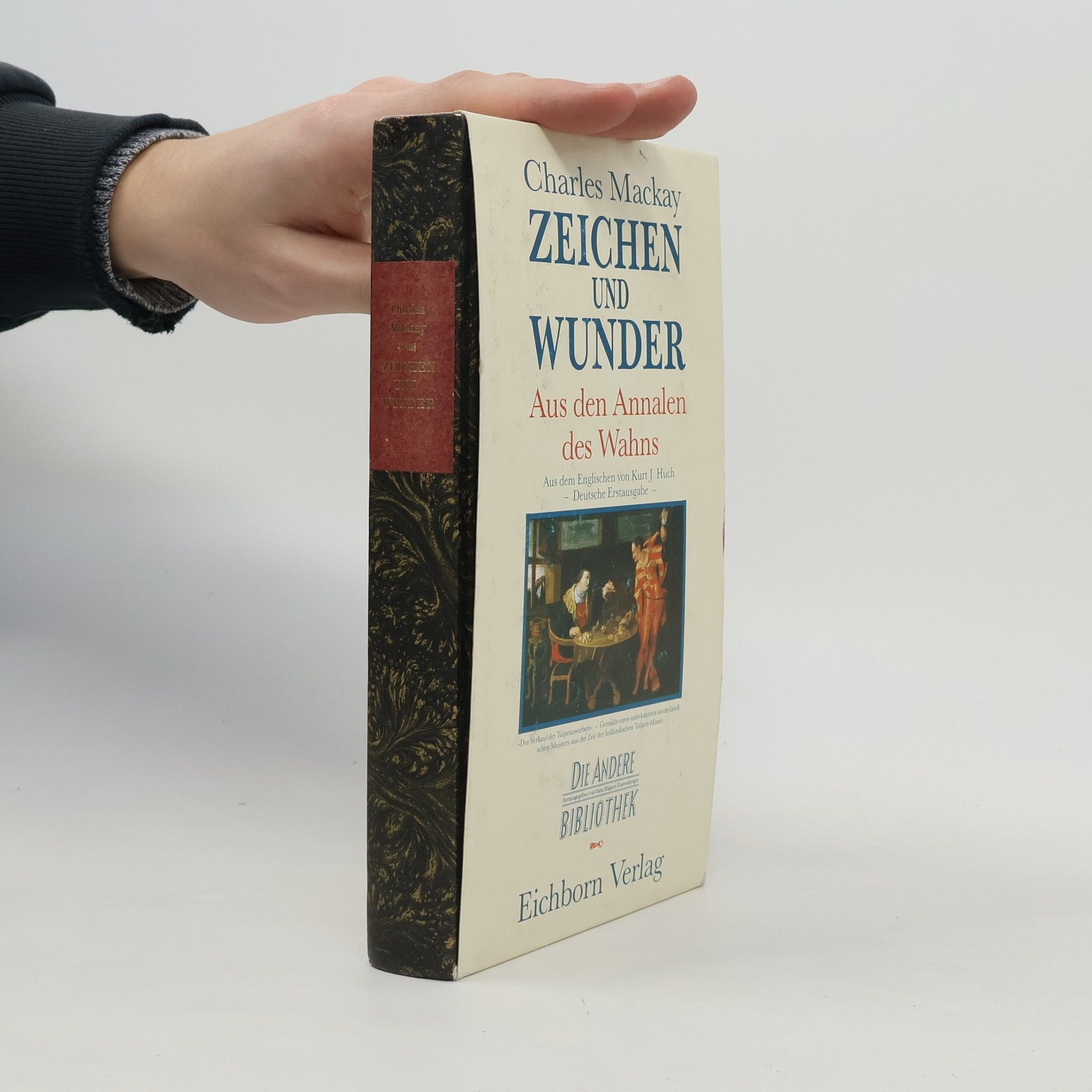

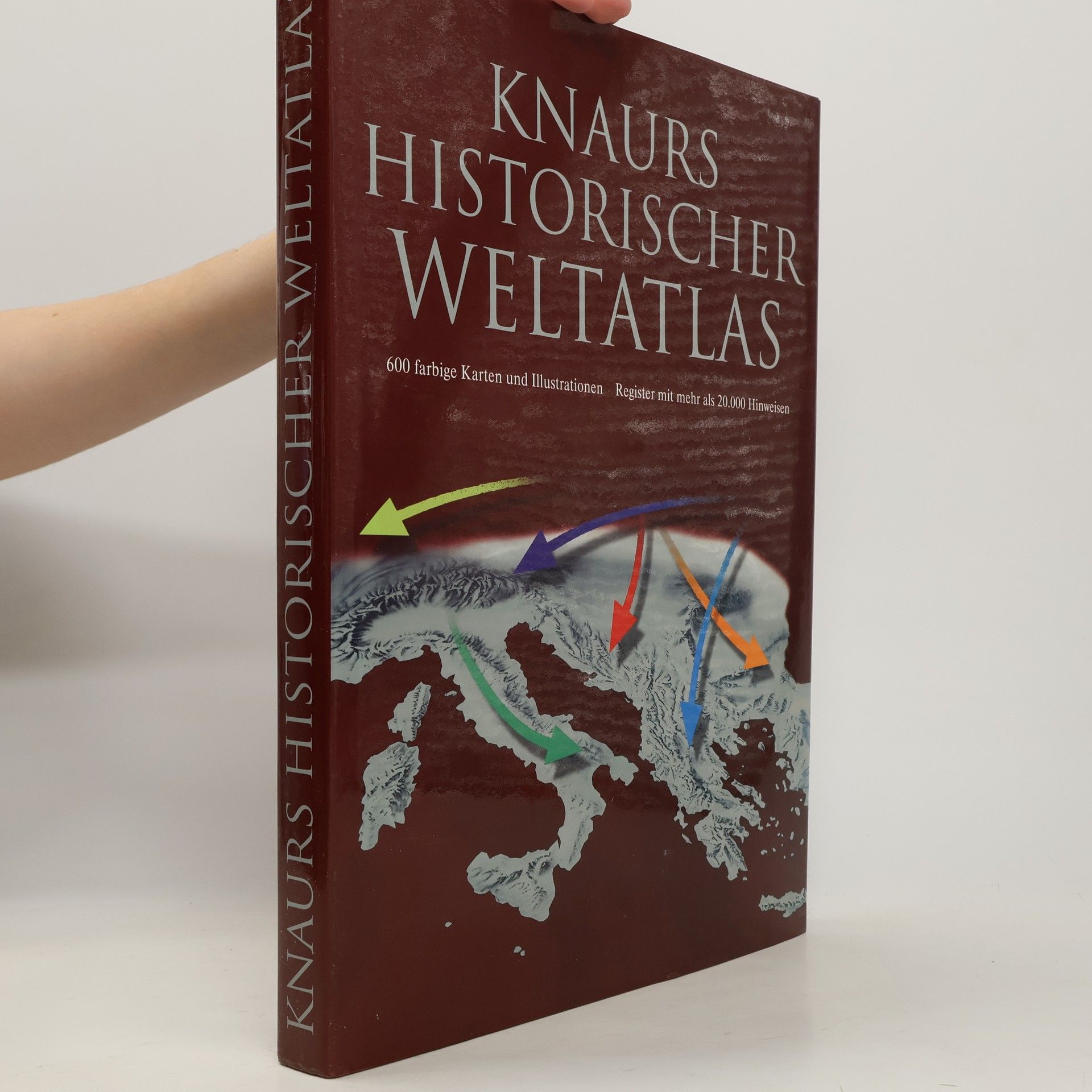
Turkey. A short history
- 208 Seiten
- 8 Lesestunden
From the eminent historian Norman Stone, who has lived and worked in the country since 1997, comes this concise survey of Turkey's relations with its immediate neighbours and the wider world from the 11th century to the present day. Stone deftly conducts the reader through this story, from the arrival of the Seljuks in Anatolia in the eleventh century to today's thriving republic. It is an historical account of epic proportions, featuring rapacious leaders such as Genghis Khan and Tamerlane through the glories of Sultan Süleyman the Magnificent to Kemal Atatürk, the reforming genius and founder of modern Turkey. At its height, the Ottoman Empire was a superpower that brought Islam to the gates of Vienna. Stone examines the reasons for the empire's long decline and shows how it gave birth to the modern Turkish republic, where east and west, religion and secularism, tradition and modernity still form vibrant elements of national identity. Norman Stone brilliantly draws out the larger themes of Turkey's history, resulting in a book that is a masterly exposition of the historian's craft.
The Atlantic and Its Enemies: A Personal History of the Cold War
- 688 Seiten
- 25 Lesestunden
Pre-eminent historian Norman Stone's The Atlantic and Its Enemies is a masterful history of the Cold War. As Soviet influence spread insidiously from nation to nation, the Americans and British were overwhelmed by the coups, collapsing armies, and civil wars that seemed ceaselessly to besiege not just Europe but the Middle East and Asia as well. For every Atlantic success there seemed to be a dozen Communist or Third World triumphs, as the USSR and its proxies crushed dissent and humiliated the United States on both military and cultural grounds. Then, suddenly and against all odds, the Atlantic won – economically, ideologically, militarily – with astonishing speed and finality. Imbued with deep learning and sparks of pugilistic wit, The Atlantic and Its Enemies is an elegantly told path-breaking work—both a monument to the immense suffering and conflict of the 20th century, and an illuminating exploration of how the Western powers ultimately triumphed over the Second World War.
World War One
- 240 Seiten
- 9 Lesestunden
The First World War was the overwhelming disaster from which everything else in the twentieth century stemmed. Fourteen million combatants died, a further twenty million were wounded, four empires were destroyed and even the victors� empires were fatally damaged. The sheer complexity and scale of the war have encouraged historians to write books on a similar scale. But now Norman Stone, one of Britain�s greatest historians, has achieved the almost impossible task of writing a terse, brilliantly written, opinionated and witty short history of the conflict. In only 140 pages he distils a lifetime of teaching, arguing and thinking into what will be one of the most talked about history books of years to come.
Zeichen und Wunder
- 371 Seiten
- 13 Lesestunden
EKZ: Der viktorianische Autor (1814-1889) kritisiert anhand von Kurzbiographien über berühmte Alchimisten den Aberglauben seiner Zeitgenossen
The Russian Chronicles
- 397 Seiten
- 14 Lesestunden
The story of Russia, a vast empire straddling Europe and Asia, is enigmatic and tangled, rife with paradox and mystery. In The Russian Chronicles, the people themselves speak out and tell the story of their troubled land from its beginnings to the momentous upheaval of the Revolution in 1917. These first-hand accounts are complemented by vividly illustrated texts written by a team of eminent historians that unravel the complex political and social background the origins of the Slavic people, the horrors of serfdom, the life of the nomadic Cossacks, the Orthodox Church, and other aspects of Russian life through the ages.
Knaurs historischer Weltatlas
- 375 Seiten
- 14 Lesestunden
Hrsg. Barraclough, Geoffrey ; Stone, Norman. Dt. Übers. u. Bearb. u. a. Helbich, Wolfgang J. ; Barth, Christian M. ; Kirchberger, Günther ( Dt. Ausgabe von 'The Times Atlas of World History'). 600 farb. Ktn. u. Illustr. 360 S. 3. A.
